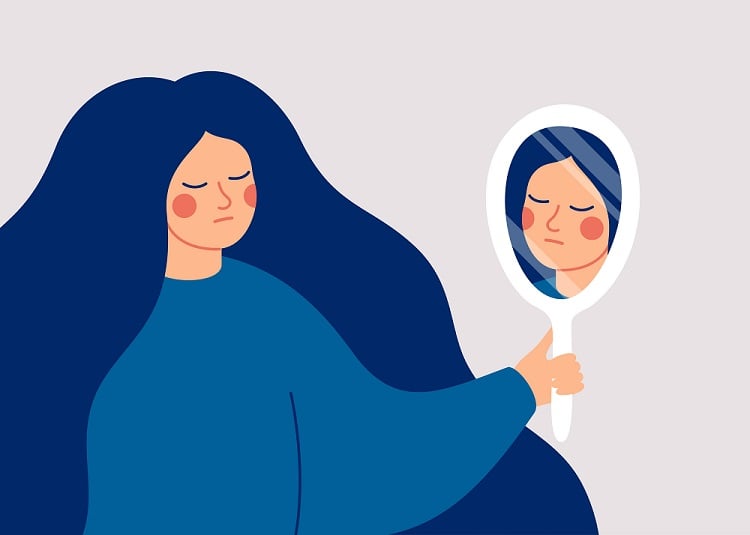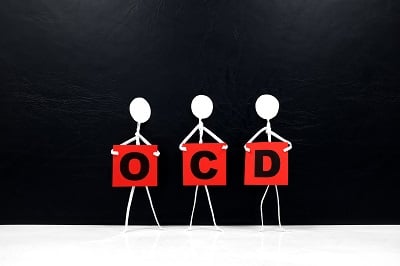If you are in crisis please dial 988 for the Suicide & Crisis Lifeline. Please note that ADAA is not a direct service organization. ADAA does not provide psychiatric, psychological, or medical advice, diagnosis, or treatment.
Contact us
Founded in 1979, ADAA is an international nonprofit organization dedicated to the prevention, treatment, and cure of anxiety, depression, OCD, PTSD, and co-occurring disorders through aligning research, practice and education.
© 2024 ADAA. All rights reserved.
















